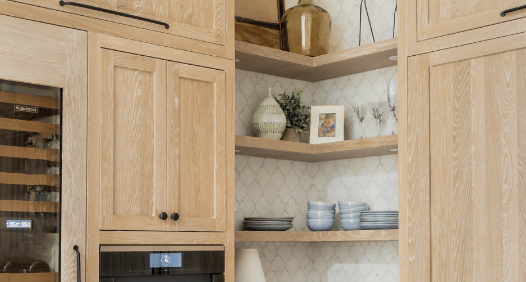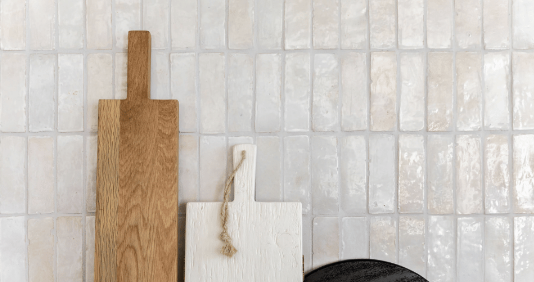How to Make a Winning Offer in a Competitive Market
/Introduction
In today's competitive real estate market, making a winning offer requires more than just bidding the highest amount. With limited inventory and increasing demand, buyers must employ strategic tactics to stand out from the competition. Whether you’re a first-time homebuyer or an experienced investor, knowing how to craft a compelling offer can be the difference between securing your dream home and losing out to another buyer.
This guide will walk you through key strategies to strengthen your offer, improve your chances of acceptance, and successfully navigate competitive bidding situations.
Understand the Market Before You Make an Offer
Before placing an offer on a property, take the time to analyze the local market. Understanding current trends, pricing dynamics, and competition levels can give you an advantage.
Research Recent Sales and Listings
● Review comparable sales (comps) in the neighborhood to gauge market value.
● Analyze how long homes are staying on the market and whether they’re selling above or below asking price.
● Consult with a knowledgeable real estate agent who can provide valuable market insights.
Understand Seller Motivation
● Find out why the seller is listing their home—are they looking for a quick sale or do they have flexibility?
● If the seller has already purchased another property, they may be more inclined to accept a fast, solid offer.
Get Pre-Approved for a Mortgage
In a competitive market, cash buyers often have the upper hand, but if you're financing your purchase, a mortgage pre-approval is a must.
Benefits of Pre-Approval
● Shows sellers that you’re a serious buyer with the financial ability to close the deal.
● Gives you a clear budget range so you can make a confident offer.
● Speeds up the closing process, making your offer more attractive.
Work with an Experienced Real Estate Agent
Partnering with a skilled real estate agent can make all the difference when competing against multiple buyers.
What to Look for in an Agent
● A strong negotiator with experience handling competitive markets.
● Local expertise and knowledge of pricing trends.
● Access to off-market or pre-market listings that may provide an opportunity to avoid bidding wars.
Make a Strong and Competitive Offer Offer a Competitive Price
While price isn’t the only factor sellers consider, it’s often the most significant. In a seller’s market, offering below asking price may not be a viable strategy.
● Consider offering slightly above asking price if there are multiple offers.
● Use escalation clauses strategically, where you agree to increase your bid up to a set limit if competing offers arise. Keep Contingencies to a Minimum Contingencies protect buyers but can make offers less attractive to sellers.
● Limit inspection contingencies: Consider a pre-inspection before submitting an offer or agreeing to a short inspection period.
● Be flexible with financing contingencies: If possible, make a stronger commitment with a larger earnest money deposit.
● Offer an appraisal gap guarantee: This reassures sellers that you’ll cover a shortfall if the appraisal comes in lower than the purchase price.
Be Flexible with Closing and Possession Dates
● Allow the seller to choose a closing date that suits their needs.
● Offer a lease-back option if the seller needs time before moving out.
Increase Your Earnest Money Deposit
A higher earnest money deposit demonstrates your commitment and financial stability. In competitive markets, offering 2-3% of the purchase price can make your offer more attractive.
Work Quickly and Be Prepared to Act
In a competitive market, hesitation can lead to losing the home to another buyer. Be ready to act fast by:
● Reviewing contracts and disclosures ahead of time.
● Discussing negotiation strategies with your agent in advance.
● Submitting your offer as soon as possible, especially if the property is in high demand. Consider Alternative Buying Strategies If the competition is too intense, explore other ways to find a home:
● Look at off-market listings or pocket listings through real estate networks.
● Consider fixer-uppers or homes that need minor cosmetic updates.
● Expand your search criteria to include nearby neighborhoods with less competition.
Conclusion
Making a winning offer in a competitive market requires preparation, strategy, and flexibility. By understanding the market, securing financing, and crafting an offer that appeals to sellers, you can improve your chances of success.
If you're ready to buy, connect with a knowledgeable real estate agent, stay proactive, and be prepared to make strong, strategic offers. The right approach can help you stand out and secure the home of your dreams—even in a competitive market.




















